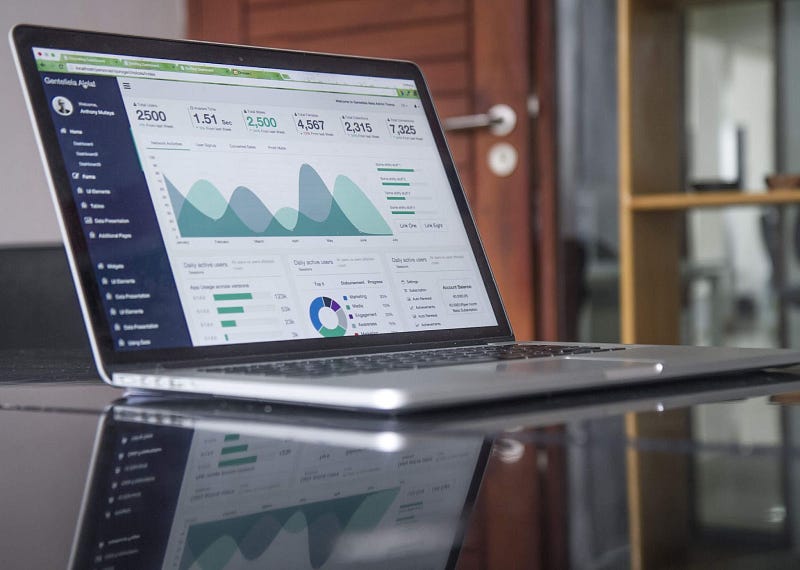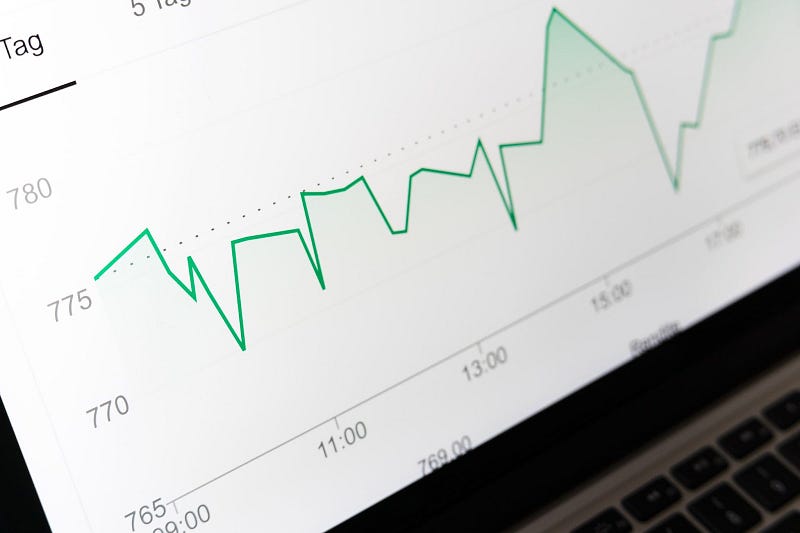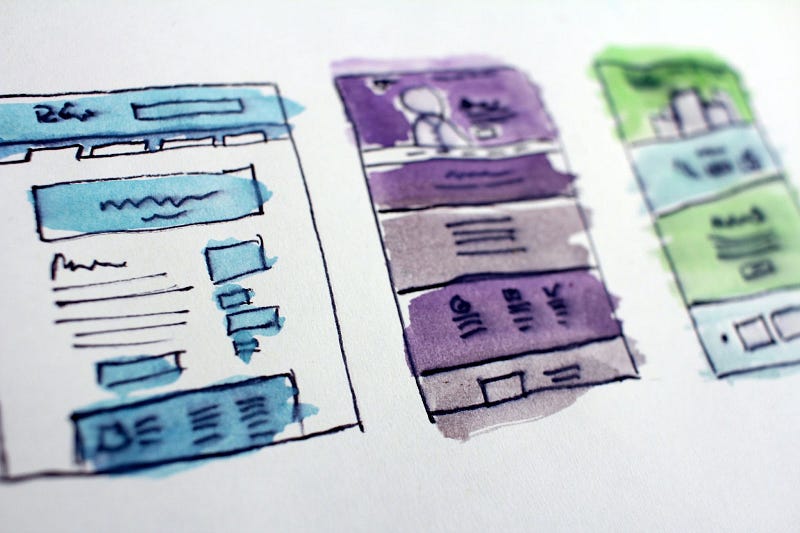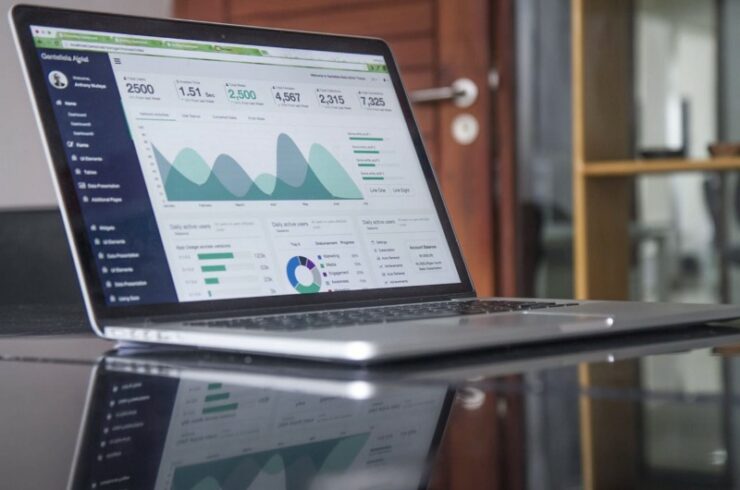Running a business is no walk in the park. You can plan your client acquisition strategy until the sun goes down, but without effective productivity systems in place, you’ll struggle to make any real progress. To see the reward of your management efforts, it’s essential to make use of a reliable time tracker.

A time tracker is a software application or online tool that helps employees track the time they spend on specific tasks or projects. Time trackers can be used by businesses of all sizes to help manage employee productivity, invoicing, and project deadlines.
There are many different ways to track time, but the most basic is using a timer or clock to simply track the amount of time spent on a task. Some time trackers allow employees to enter specific project names or client names so that the time spent on each project can be tracked and billed accordingly.
If you’re looking for a way to improve your business’ productivity, implementing a time tracker may be the answer. Keep reading to learn more about how time trackers can benefit your specific business, or click through the links to find specific information:
- What Are Time Trackers and How Do They Work?
- Different Types of Time Trackers
- How Time Trackers Can Be Useful To Your Business
- Choosing the Right Time Tracker
- Best Time Tracker for Your Business
What Are Time Trackers and How Do They Work?
Keeping track of the number of hours your employees work for is essential for accurately calculating wages and managing projects. A time tracker is a piece of software or a physical tool that helps business owners and employees monitor the amount of time spent on specific tasks. This data can then be used to generate invoices, payrolls, and reports.
The way time trackers work is fairly simple:
- Employees clock in and out of work by clicking on a button or entering their ID number.
- The time tracker records the start and end times of each task, as well as what type of task it is (e.g., phone call, meeting, online research, etc.).
- Employees can then view a report of how much time they spent on each task and what their total wages should be.

In a nutshell, businesses of all sizes need reliable systems in place in order to be effective and profitable — and this includes having a time system in place. Time trackers can help your business by:
- Providing an accurate record of employee time worked
- Allowing you to track productivity levels and identify areas of improvement
- Helping you stay compliant with labor laws
- Allowing you to create invoices and timesheets more quickly and easily
- Giving you a better understanding of where your time and money are being spent
Different Types of Time Trackers
Time trackers come in all shapes and sizes, from desktop applications to mobile apps, to physical tools like time cards. All can be used in a professional setting, but some work better than others!
The most popular type of time tracker is the online or desktop application, which records time worked on a computer and sends the data to the cloud. These applications are usually subscription-based; some examples include Day.io, Toggl, and Timely.
Mobile apps are also popular, and there are a number of them to choose from. The most popular are apps that track time spent on specific tasks, such as WorkflowMax, HoursTracker, and TimeCamp. Physical tools like time cards typically require employees to clock in and out by punching a card or using a scanner.
There are many different types of time trackers you can use to make your business more productive. Some of their main features include:
- Tracking time expenses and budgeting accordingly
- Allowing employees to track their own time for specific tasks or projects
- Billing clients based on actual time worked on their project, as opposed to a flat rate
- Generating detailed reports on employee productivity over any given period of time
- And many more!

How Time Trackers Can Be Useful To Your Business
Time tracking can be an extremely valuable tool for businesses of all sizes. Here are some of the ways that time tracking can help your business:
Manage employee productivity
Having trouble figuring out why your employees aren’t meeting deadlines? A time tracker can help you identify where time is being wasted. Time trackers can also help you see which employees are the most productive and which ones need more guidance.
Invoice clients accurately
For project-based services, time tracking can help ensure that you bill your clients for the correct amount of time spent on their projects. This can help you avoid undercharging or overcharging clients, and it can also help you track your own profitability on specific projects.
Meet deadlines
If you’re working on a project that has a specific deadline, a time tracker can help you stay on track and avoid rushing to finish the project at the last minute. This can help you produce higher quality work and it can also help you avoid stress-related health problems.
Keep track of your own hours
Self-employed workers can use a time tracker to keep track of how many hours they’ve worked on specific projects. This can help you make sure that you’re billing clients for the correct amount of time, and it can also help you monitor your fulfillment over time.
Track your team’s hours
A time tracker can help you keep track of how many hours your team has worked on specific projects. This can help you stay within your budget as the project manager, and it can also help you ensure that your employees are effective and productive.
Choosing the Right Time Tracker
Time trackers are highly beneficial for any business, but choosing the right time tracker can be difficult. You want to make sure that your time tracker has all the features you need.
The first step is to decide what features are important to you. Do you need a time tracker that can track billable hours? Do you need one that can track project time? How about invoicing and expenses? Make sure the time tracker you choose does everything you need it to do — preferably, without a hassle!

The next step is to decide what type of time tracker you need. There are a few different types of time trackers:
Offline time trackers
These are the old-school type of time trackers. They work by tracking time based on when you start and stop working on a project. This type of time tracker is best for businesses that have a lot of employees working on different projects at the same time.
Online time trackers
Unsurprisingly, these are the most popular type of time trackers. They work by tracking time based on when you start and stop working on a project. Online trackers are best for businesses that have a few employees working on the same project.
Mobile time trackers
Mobile trackers are ones that you can download onto your phone or tablet. They work by tracking time based on when you start and stop working on a project. This type of time tracker is best for businesses that have employees who work remotely.
Once you’ve decided what type of time tracker you need, the next step is to decide which one is best for your business. Here are a few things to consider:
Price: Time trackers can range in price from $5 to $200 or more. Decide how much you’re willing to spend and then research the options within your budget.
Obviously, methods such as pen and paper are going to be cheaper at face value — but remember to consider the potential costs of miscalculations, overpay, and other errors that can easily result from doing things by hand.

Ease of use: Some time trackers are very easy to use, while others can be a bit more complicated. Be sure to choose one that is simple and user-friendly.
Regardless of how simple your tracker is, it’s always best to give your entire team a thorough explanation of how to use the tracker, as well as your reasons for implementing it.
Features: Time trackers come with a variety of features, such as the ability to track time by project, client, or task. Choose the features that are most important to you and your business.
For example, if you are a small business that simply wants to track time, it is in your best interest to opt for a very simple tool rather than one that offers ten different features you’ll never use.
Integrations: A timekeeping app that integrates with your other business software can be a big plus. This will save you time and make it easier to track your data.
The appeal of integrations is that they make it easier to manage multiple tasks from the one app. Imagine being able to integrate your payroll system and your time tracker so that hours are automatically translated into a payslip?
Customer support: When you’re starting out, it can be helpful to have a time management tool with good customer support. This way, if you have any questions or problems, you can get help quickly.
With all of this in mind, it’s understandable that you’d be overwhelmed about where to start looking and which tracker is your best option. If you’re searching for a time tracker that ticks every box, look no further than…

Day.io: The Best Time Tracker for Your Business
There are many trustworthy time tracking apps on the market today, but Day.io is perhaps one of the best. It’s a cloud-based time-tracking app that is available for desktop and mobile devices. Day.io offers a free trial period and very affordable monthly subscription rates.
Day.io features automatic time-tracking, invoice creation, and project budget tracking to help users stay within their budgets. New updates and integrations are being added in the near future to make it even more user-friendly and convenient.
Not convinced? Here are a few more reasons why you might want to consider using Day.io:
Seamlessly schedule employee work hours
Day.io is a highly useful tool for organizing your time. It lets you create seamless schedules for your employees with start and end times, as well as tolerance limits for early and late starts and notifications of overworked or underworked hours.
Avoid security threats with anti-fraud
Day.io provides multiple verifications, including face ID, date and time verification, and GPS tracking, to make sure that your business keeps running smoothly. It prevents fraudulent employee behavior and ensures that confidential information is kept secure.
Integrate with familiar tools
Work hours are easily converted into invoices and payrolls with incredible accuracy thanks to Day.io’s integration with other business management apps, such as Xero, Gusto, Sage, Workday, and many more.
Day.io offers a free trial for businesses that are interested in using its time-tracking features. After that, prices begin at just $89 per month and go up depending on the number of employees a business wants to register.
Overall, Day.io is an excellent time-tracking app that is useful for businesses of all sizes. It’s easy to use, reliable, and affordable. If you’re looking for a time-tracking app that can help you manage your business’ budget and keep track of employee hours, then Day.io is the perfect choice.
Time Trackers: Bottom Line
Your business may survive without an efficient time tracking system, but it is unlikely to thrive. For the best productivity levels and highest quality company output, consider implementing a time tracker within your business.
Remember, the best time management tools are ones that can be used easily and accessed from anywhere, at any time. An app like Day.io is the perfect choice for businesses who want to keep tabs on project progress and make sure they are as productive as possible. Try a free trial today and see what a difference it makes!
